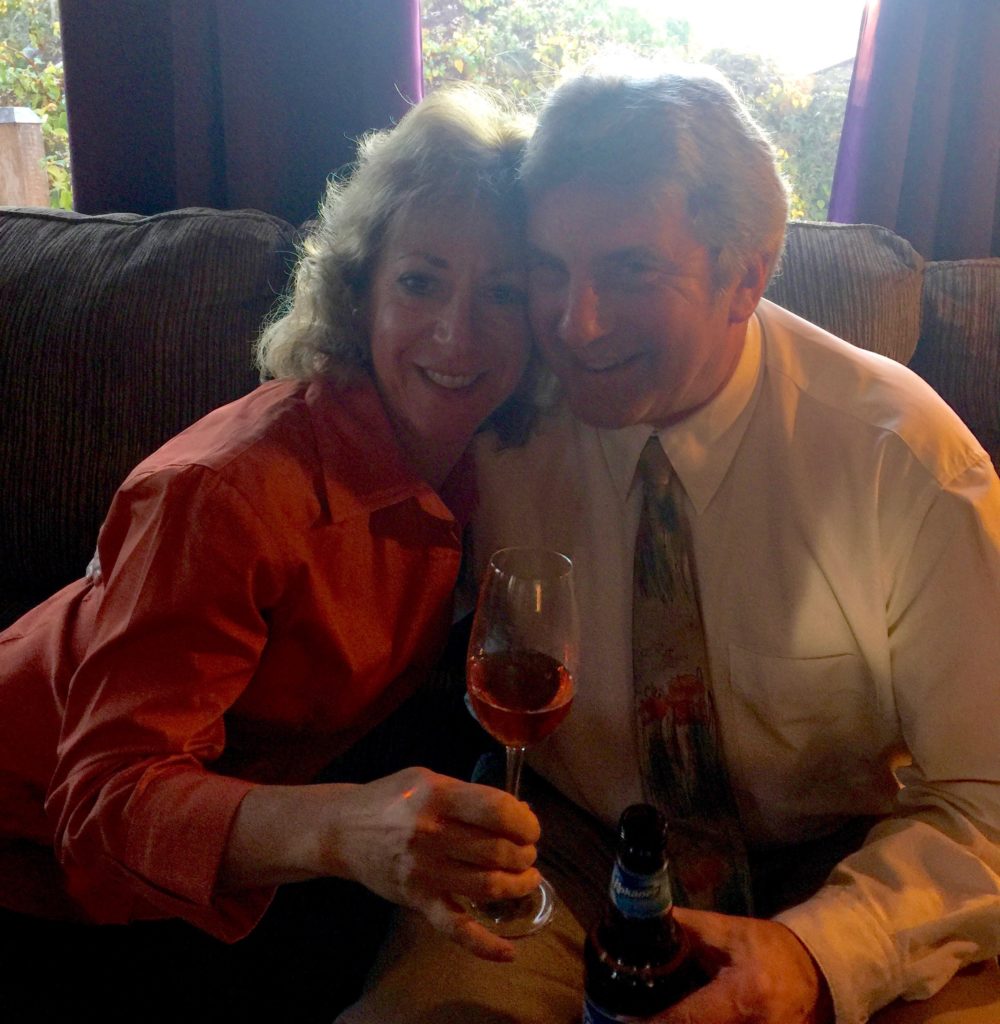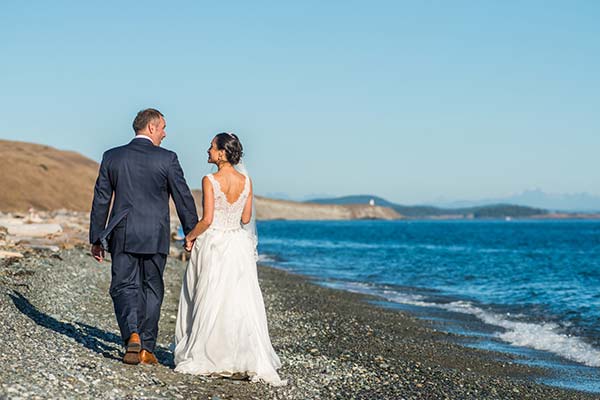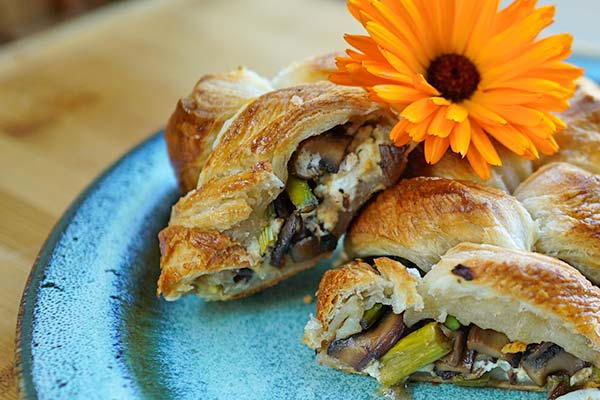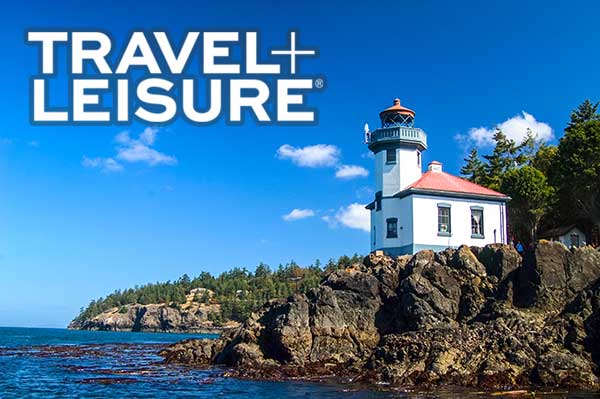Content and photos by Jennifer Furber published on May 24, 2017

As March drew to a close, Friday Harbor officially renamed East Street Granny’s Way. The street runs parallel to the Washington State Ferry parking lot. Just two blocks away from the Harrison House Suites, it’s right by the ferry landing and leads the way to other islands and the “mainland”. This is a fitting road to hold the name of such a prominent northwest matriarch. Granny was a local orca whale believed to be the world’s oldest orca. She was 105 years old at the time of her death.
Granny, also known as J2, was the oldest member of J-Pod. The J-Pod is a family of southern resident killer whales. They frequently travel with their mothers and grandmothers. In Washington State, both their fin shapes or unique black and white markings help researchers and naturalists identify orcas. Then, each whale takes on both a number and a name. This catalogue of orca names and numbers is readily distributed, even to grade school children who study the pods as part of their local science curriculum. It was easy for everyone to spot Granny, J2, among a large group of orca whales. She had a distinguishing cut in her fin and was known for jumping high out of the water.
Granny’s History
Granny often passed by San Juan Island’s Limekiln Lighthouse at the head of the J-Pod. In every way, Granny was the matriarch of her family and a solid pod leader. Fieldwork notes from Orca Network describe junctions in the water where whales could either go left or right. Some whales would head in one direction and Granny would stop and pound her tail on the surface of the water until the stray whales eventually turned around and came back to her. Residents of San Juan Island mourn her loss. Island residents could always count on seeing her, frequently from the shores or from the sea. Her death alerts many of the endangered population of southern resident killer whales, bringing down the population currently to 78 now from more than 140 decades ago.
The Decline and Return of the Residents

Forty years ago, the resident orca population hit an all time low of 71. This was due to dozens captured for display at marine parks and aquariums across the country. Whale wranglers mostly took orcas from Whidbey Island’s Penn Cove. They would round them up violently with nets and corner them into captivity.
Because Granny was without calves and believed to be postmenopausal, she was considered too old to be shipped off to a marine park or aquarium. The whale wranglers let her keep swimming as they captured most of her pod. We can only imagine the trauma she must have suffered being unable to protect her pod.
Granny was a fixture in the waters of the San Juan Islands. And a welcome sight for both islanders and tourists. We will miss her commanding presence from the shores. And the vessels will miss her acrobatic displays above the waters. Now, we can only honor her. Granny’s Way is one more permanent way to continue Granny’s legacy.
Learn More about Orcas
When you visit San Juan Island and stay at the Harrison House Suites, there are numerous opportunities to learn more about the orcas that frequent the Salish Sea. The Whale Museum is just a short walk from our inns. And it would be our pleasure to book a whale watching tour for you with one of our amazing partners!
Jenn ~ Local blogger for the San Juan Island Inn Collection
Photo credits
Granny Breach: Centre for Whale Research
Granny and J-Pod: Jeff Friedman of Maya’s Legacy Whale Watching











